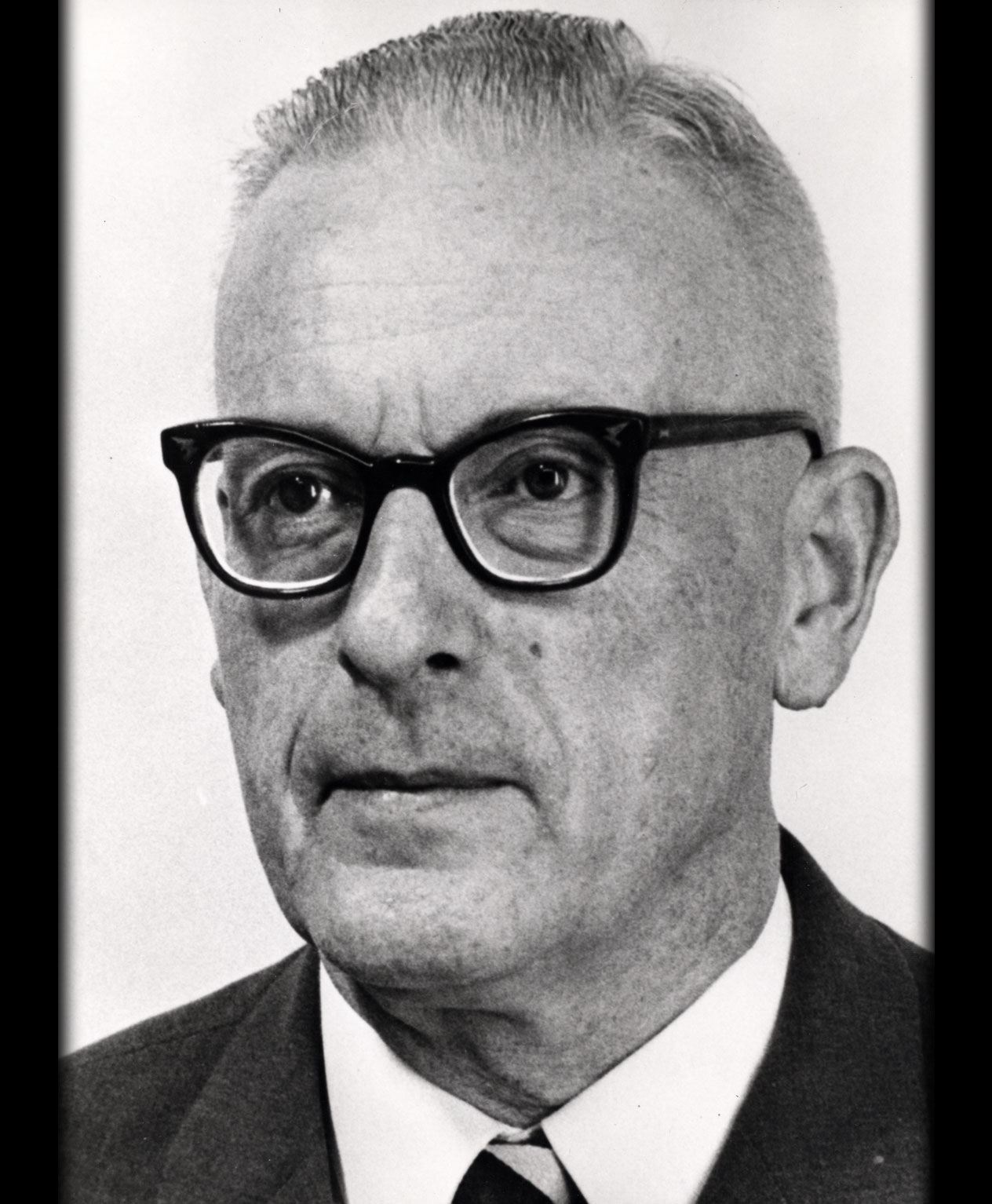Willem Heukelom is known and respected throughout the free world for his many contributions to the better understanding of asphalts, asphalt-aggregate mixtures and flexible pavement systems. He has authored and co-authored numerous publications on the subject in several languages.
Born on September 11, 1913, he studied chemical engineering at Amsterdam Technical College where he received a Degree in Bachelor of Science and engineering physics at Delft Technical University where he received a Masters in Science Engineering. He joined the bitumen research department of the Koninklijke/Shell—Laboratorium, Amsterdam (KSLA) in 1934, marking the beginning of fifteen years of study concerned mainly with the properties of asphalt as a binder. His investigations during that period focused on the physical constants and the colloidal structure of bitumen.
During the 1950s, Mr. Heukelom concentrated his studies on the use of bitumen in road and airfield pavements. Together with Messrs, Van der Poel and Nijboer, he earned recognition as a pioneer in the dynamic testing of pavement structures. This recognition won him an assignment to the U.S. Army Corps of Engineers Waterways Experiment Station, Vicksburg, Mississippi, in 1958. It was at the Columbus Air Force Base, in Mississippi, that he introduced dynamic testing of runways in the United States.
In 1957, Heukelom assumed leadership of the KSLA group responsible for studying applications of bitumen in civil engineering, a post he held until 1968. From that time until his retirement on September 30, 1973, he served as an advisor to the Shell bitumen research group in Amsterdam.
He held memberships in several pavement study committees in the Netherlands and West Germany and personally presented a number of his most significant publications at the Ann Arbor Conferences on Structural Design and at the annual meetings of the Association of Asphalt Paving Technologists (AAPT). In 1973, the AAPT honored Mr. Heukelom with the Walter J. Emmons Award for the outstanding paper presented at that year’s technical session.
During his career of almost thirty years, Willem Heukelom’s outstanding abilities in physics and applied engineering science enabled him to correlate previously unrelated data into a clearer understanding of the behavior of asphalt and asphaltic mixtures in actual practice. Coupled with his pioneering work in pavement testing, his insights have had a lasting impact on the development of asphalt technologies in Europe and the United States.
Elected: 1979

